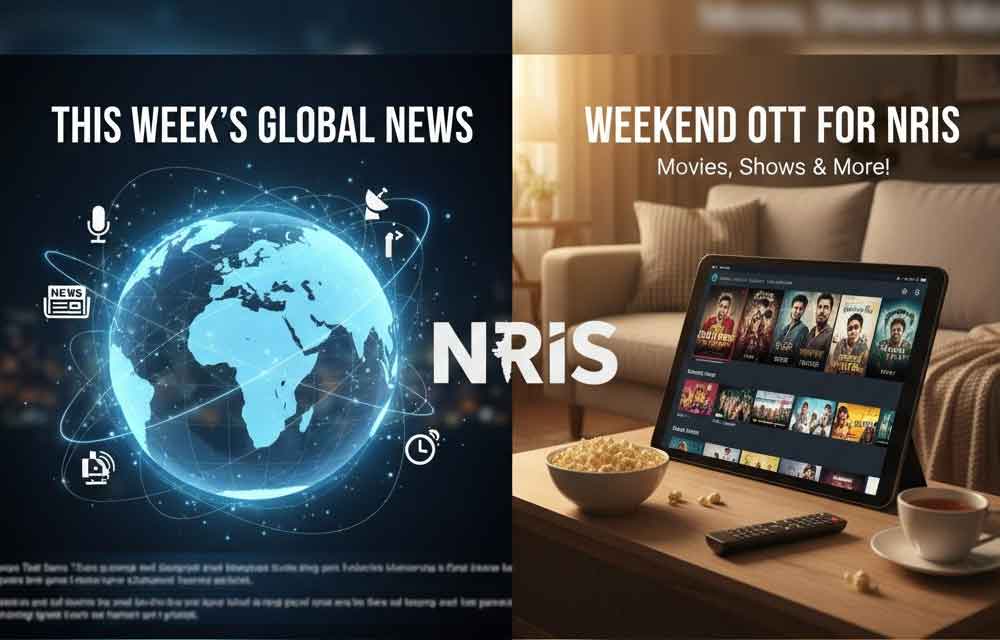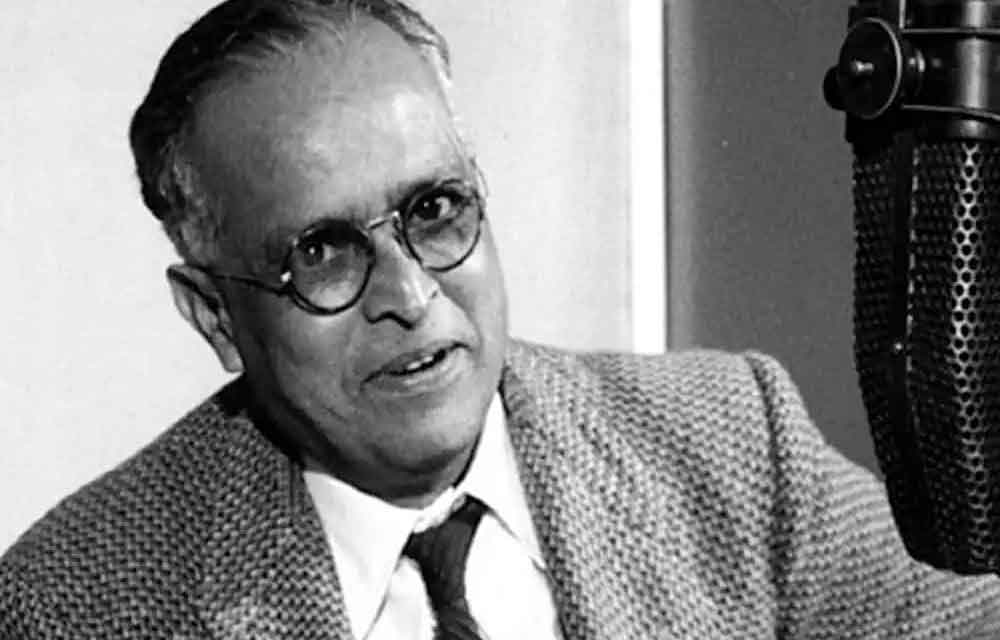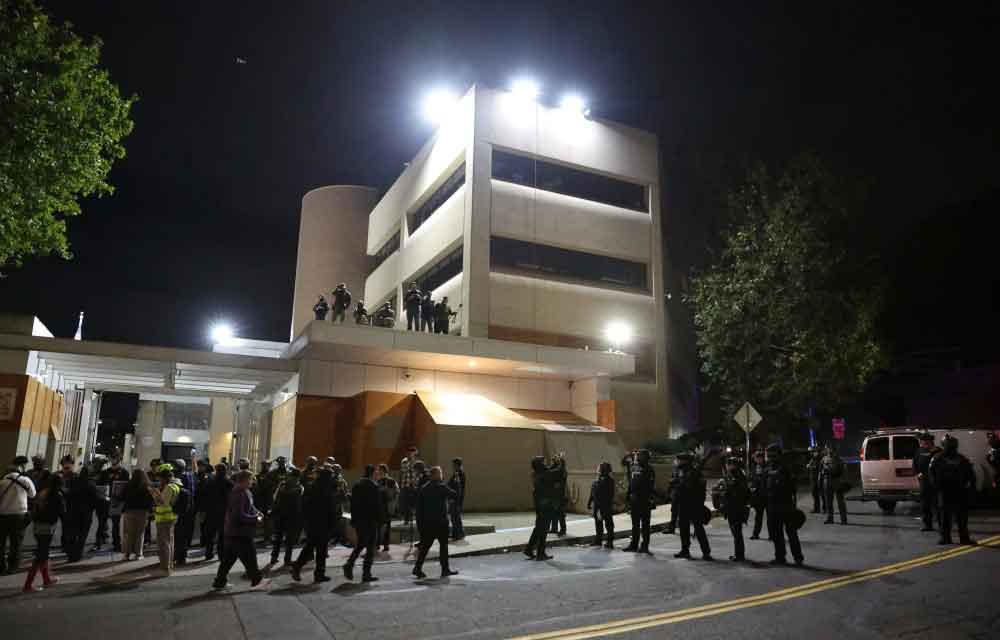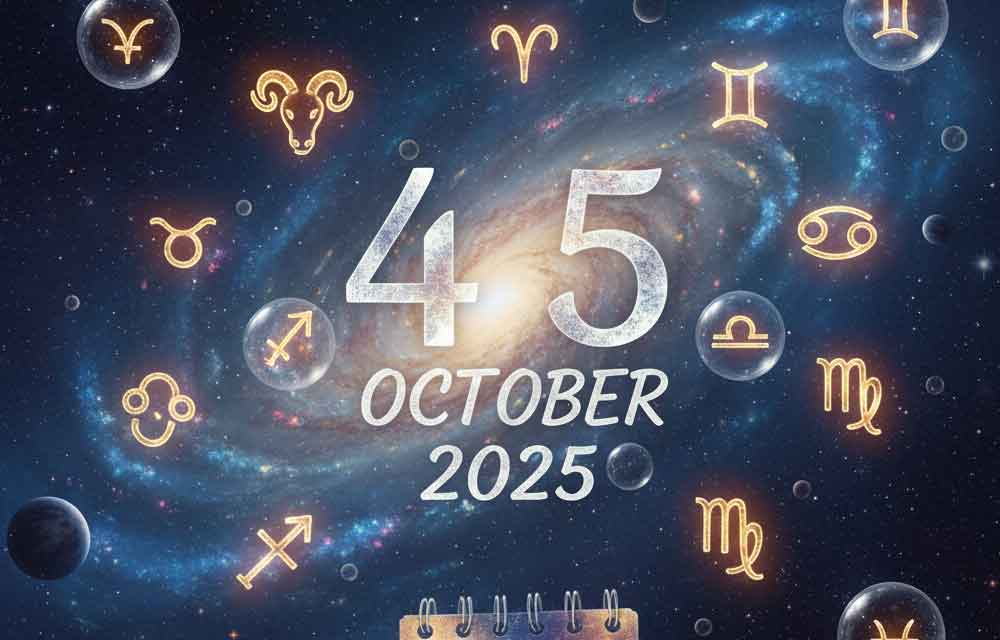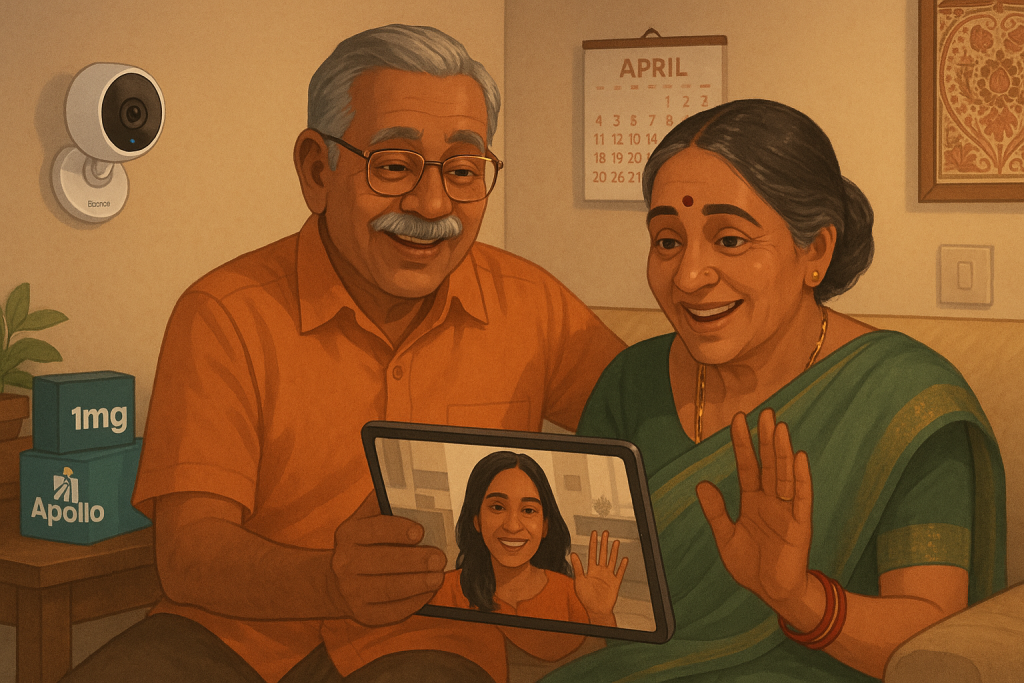Russia Starts Free mRNA Cancer Vaccine Trials: A New Frontier in Oncology

Russia Starts Free mRNA Cancer Vaccine Trials: A New Frontier in Oncology
In a groundbreaking development for cancer treatment, Russia’s Gamaleya National Research Center for Epidemiology and Microbiology has announced the initiation of human trials for a personalized mRNA-based cancer vaccine targeting melanoma, the deadliest form of skin cancer. The announcement, made by the center’s director, Alexander Gintsburg, marks a significant step forward in the global fight against cancer, leveraging cutting-edge mRNA technology and artificial intelligence (AI) to create tailored treatments for individual patients. The trials, set to begin in the coming months, are a collaborative effort with leading oncology institutions, including the Hertsen Moscow Oncology Research Institute and the Blokhin Cancer Research Center. The vaccine will be offered free of charge to eligible patients, with plans for a broader rollout by late 2025.
A Personalized Approach to Cancer Treatment
The mRNA-based vaccine is designed to be a therapeutic treatment, not a preventive one, meaning it aims to treat existing cancer rather than prevent its onset. The vaccine’s core innovation lies in its personalized approach, utilizing neoantigen technology to target the unique genetic mutations in a patient’s tumor. Neoantigens are proteins produced by cancer cells due to genetic mutations, which are absent in healthy cells. By identifying these neoantigens through genetic analysis of a patient’s tumor, scientists can design a custom mRNA vaccine that instructs the immune system to recognize and attack cancer cells specifically.
The process begins with the extraction of genetic material from a patient’s surgically removed tumor. This material undergoes DNA sequencing to identify the tumor’s unique mutation profile. AI, in collaboration with the Ivannikov Institute, is employed to analyze this data and design the mRNA sequence, significantly reducing the time required to create a personalized vaccine. According to Gintsburg, what once took up to two months can now be completed in about a week, with AI-driven neural network computing streamlining the process to as little as 30 minutes to an hour in some cases. The mRNA is then encapsulated in lipid nanoparticles, which deliver it to the body’s cells, prompting them to produce proteins that mimic the tumor’s neoantigens. This triggers a robust immune response, enabling cytotoxic lymphocytes to seek out and destroy cancer cells throughout the body.
Promising Preclinical Results
Preclinical trials of the vaccine have shown encouraging results, with Gintsburg reporting that it effectively suppressed tumor growth and prevented metastases in animal studies and limited human tests. These findings align with global research on mRNA-based cancer vaccines, which have gained momentum since the success of mRNA technology in COVID-19 vaccines. The Gamaleya Center, known for developing the Sputnik V COVID-19 vaccine, is building on its expertise in mRNA technology to tackle melanoma and potentially other cancers, such as pancreatic, kidney, and non-small-cell lung cancer.
The vaccine’s ability to target neoantigens offers a significant advantage over earlier cancer vaccine approaches that relied on tumor-associated antigens (TAAs), which are less specific and can be present in normal cells. Neoantigens, being unique to cancer cells, enable a more precise and potent immune response, reducing the risk of off-target effects. This precision is particularly crucial for melanoma, which is known for its high tumor mutation burden, making it an ideal candidate for neoantigen-based therapies.
Human Trials and Free Access
The human trials, set to begin in the coming months, will initially focus on patients diagnosed with melanoma. The Gamaleya Center will produce the vaccine, while the Hertsen and Blokhin institutes will conduct the trials under a unique regulatory framework approved by the Russian Ministry of Health. This framework accounts for the individualized nature of the vaccine, which differs from standard drug registration processes. Andrey Kaprin, General Director of the Radiology Medical Research Center, has confirmed that the vaccine will be provided free of charge to Russian citizens, despite its high production cost of approximately 300,000 rubles (USD 2,869) per dose. This commitment reflects Russia’s broader public health strategy, with the Ministry of Health estimating that the country has around 4 million cancer patients, with 625,000 new cases diagnosed annually.
The trials are expected to provide critical data on the vaccine’s safety and efficacy, building on the promising preclinical results. If successful, the vaccine could be rolled out to a wider patient population by late 2025, potentially transforming cancer care in Russia and beyond. Gintsburg has noted international interest in the project, with inquiries from foreign medical institutions, signaling the vaccine’s potential global impact.
Global Context and Skepticism
Russia’s announcement comes amid a global race to develop mRNA-based cancer vaccines. Companies like Moderna, BioNTech, and Merck are conducting similar trials, with Moderna’s mRNA-4157 vaccine showing promising results in melanoma patients. In the UK, researchers are testing personalized mRNA vaccines for melanoma, with early data indicating improved survival rates. These global efforts highlight the revolutionary potential of mRNA technology in oncology, driven by advancements made during the COVID-19 pandemic.
However, some scientists remain cautious about Russia’s claims. Professor Kingston Mills, an immunologist at Trinity College Dublin, emphasized the need for peer-reviewed data from clinical trials to validate the vaccine’s efficacy. “Until we see data from a clinical trial, there has to be skepticism about this,” Mills told Newsweek. The lack of published research in scientific journals has raised questions, as transparency and rigorous peer review are critical for establishing credibility in the scientific community. Despite these concerns, the concept of mRNA-based cancer vaccines is widely regarded as feasible, with hundreds of clinical trials underway worldwide.
A New Era in Cancer Treatment?
Russia’s mRNA cancer vaccine represents a bold step toward personalized medicine, harnessing AI and mRNA technology to address one of the world’s most pressing health challenges. If the upcoming trials prove successful, the vaccine could offer hope to millions of cancer patients, starting with those battling melanoma. The promise of free access underscores Russia’s commitment to making this cutting-edge treatment widely available, potentially setting a precedent for equitable healthcare innovation.
As the Gamaleya Center and its partners move forward with human trials, the global scientific community will be watching closely. The integration of AI to accelerate vaccine production and the focus on neoantigens could position Russia as a leader in this emerging field, provided the results withstand rigorous scrutiny. For now, the announcement offers a glimmer of hope for cancer patients and a testament to the rapid advancements in mRNA technology, which may one day redefine how we treat cancer.

 English
English 






































